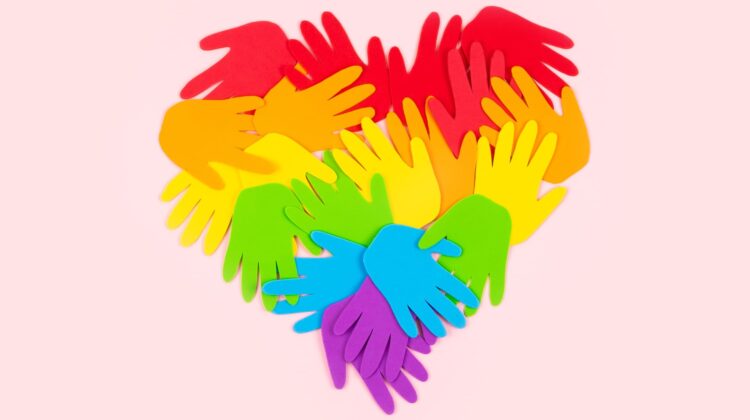
Humanitarian Crises: The Urgent Need for Global Cooperation and Intervention
Humanitarian crises are a grave reality that affects millions of people around the world every year. They come in different forms, such as natural disasters, armed conflicts, pandemics, and other emergencies, leaving individuals and communities devastated and in dire need of assistance. Addressing these crises requires urgent global cooperation and intervention, as the consequences of inaction can be catastrophic.
The Scale of the Problem
Humanitarian crises have significant human, social, and economic costs, with the most vulnerable populations being the most affected. According to the UN, the number of people in need of humanitarian assistance worldwide has increased to 235 million, with 80 million people forcibly displaced. This is a staggering number that demands urgent attention and action.
Apart from immediate consequences such as displacement and food insecurity, humanitarian crises can have long-term consequences for individuals and communities, leading to economic instability, social fragmentation, and political insecurity.
The Need for Global Cooperation
The urgency and complexity of humanitarian crises require a coordinated and collaborative effort from the global community. This includes governments, NGOs, international organizations, and individuals and communities affected by crises. Together, they can provide critical support and assistance, including shelter, food, water, medical care, and other essential services.
At the heart of this effort is a commitment to humanitarian principles that prioritize the needs and well-being of affected populations. These principles include the protection of civilians, the provision of essential services such as healthcare and education, and the promotion of human rights and dignity for all individuals.
Effective cooperation and coordination require clear communication, collaboration, and a willingness to work together to address the complex challenges of humanitarian crises. Sharing resources, expertise, and best practices is essential, as is respecting the diversity of cultures, languages, and perspectives represented by affected communities.
The Role of Intervention
Intervention is critical in addressing humanitarian crises, and it can take many forms, including providing emergency food and shelter, medical assistance, and other essential services. Intervention can also mean protecting and promoting human rights, advocating for political and social change, and supporting efforts to rebuild and recover from crises. This requires a long-term commitment to sustainable development, as well as addressing the root causes of humanitarian crises, such as poverty, inequality, and discrimination.
However, intervention must also be undertaken with care and respect for the rights and dignity of affected populations. This includes a focus on accountability and transparency, as well as a commitment to protecting the safety and security of those providing assistance and intervention.
The Role of Technology
Technology can play a crucial role in addressing humanitarian crises by improving the efficiency and effectiveness of response efforts. For example, social media can be used to share critical information and connect affected populations with support and assistance. Drones can be used to deliver essential supplies to hard-to-reach areas, and mobile applications can be used to collect and analyze data to improve response efforts.
Humanitarian crises are a global challenge that requires urgent attention and action. Effective responses require cooperation, coordination, and intervention from the global community, as well as a commitment to humanitarian principles that prioritize the needs and well-being of affected populations. By working together, we can address the immediate needs of those affected by crises, promote sustainable development, and build resilience in the face of future challenges.
Author: Anne D. Juhl
Socio-economic expert. She is an activist, human rights expert and writer. She trained in Denmark and now lives in New York where she puts her experience at the service of the minority community. Freelancer. Collaborates with The Deeping magazine on social and humanitarian issues
